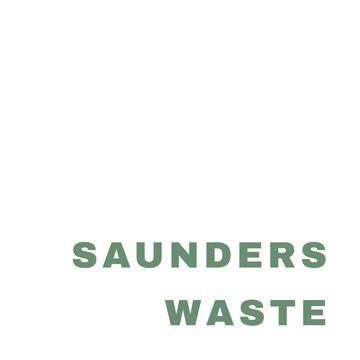Undertaking a demolition project is no small task; it involves precision, planning, and efficient waste management. One essential tool that has gained popularity in the construction and demolition industry is the skip bin. Skip bins provide a convenient and eco-friendly solution for managing waste during demolition projects. In this blog, we’ll explore the benefits and strategies of using skip bins for demolition jobs, helping you streamline your project while minimizing environmental impact.
Benefits of Using Skip Bins for Demolition in Brisbane:
Efficient Waste Management: Demolition generates large quantities of debris, ranging from concrete and metal to wood and glass. Skip bins come in various sizes, accommodating different types of waste. This segregation helps streamline waste management and makes recycling easier.
Time and Cost Savings: With a designated skip bin on-site, workers can efficiently dispose of waste without the need for multiple trips to a landfill or recycling center. This translates to saved time and reduced transportation costs.
Safety First: Demolition sites can be hazardous due to debris scattered around. Utilizing skip bins keeps the work area organized and minimizes potential accidents caused by loose materials.
Environmentally Friendly: Skip bin providers often have partnerships with recycling facilities. This ensures that a significant portion of the waste collected from demolition sites is diverted from landfills, reducing the overall environmental impact.
Choosing the Right Skip Bin:
Size Matters: Selecting the appropriate skip bin size is crucial. Underestimating the size might lead to overflow, while an oversized bin can be an unnecessary expense. Consider the scope of the project, types of materials, and the frequency of bin pickups.
Material Segregation: Different skip bins are designed for specific types of waste, such as general waste, construction debris, or green waste. Properly sorting waste not only promotes recycling but also optimizes space within the bin.
Permit Requirements: Depending on your location and the placement of the skip bin, you might need a permit from the local authorities. Ensure you understand any regulatory requirements before placing a skip bin on-site.
Best Practices for Using Skip Bins in Demolition:
Plan Ahead: Incorporate waste management into your project plan. Determine the types and quantities of waste you’ll be generating to choose the right skip bin size and type.
Regular Maintenance: Schedule regular pickups or replacements of full bins to prevent waste overflow. An overflowing skip bin not only hampers efficiency but it can create safety hazards.
Maximize Recycling: Make an effort to sort materials at the demolition site. Separate recyclable materials like metal, concrete, and wood from general waste. This not only helps the environment but also reduces landfill disposal fees.
Educate Your Team: Ensure that your demolition crew understands the importance of using skip bins effectively and sorting waste correctly. Provide them with clear guidelines to avoid cross-contamination of materials.
Embracing skip bins as an integral part of your demolition project can significantly enhance efficiency, safety, and environmental responsibility. By choosing the right bin size, segregating waste, and following best practices, you can make the most of this tool to streamline your demolition job. With efficient waste management, you’re not only saving time and money but also contributing to a more sustainable construction industry.



